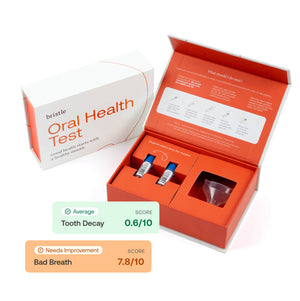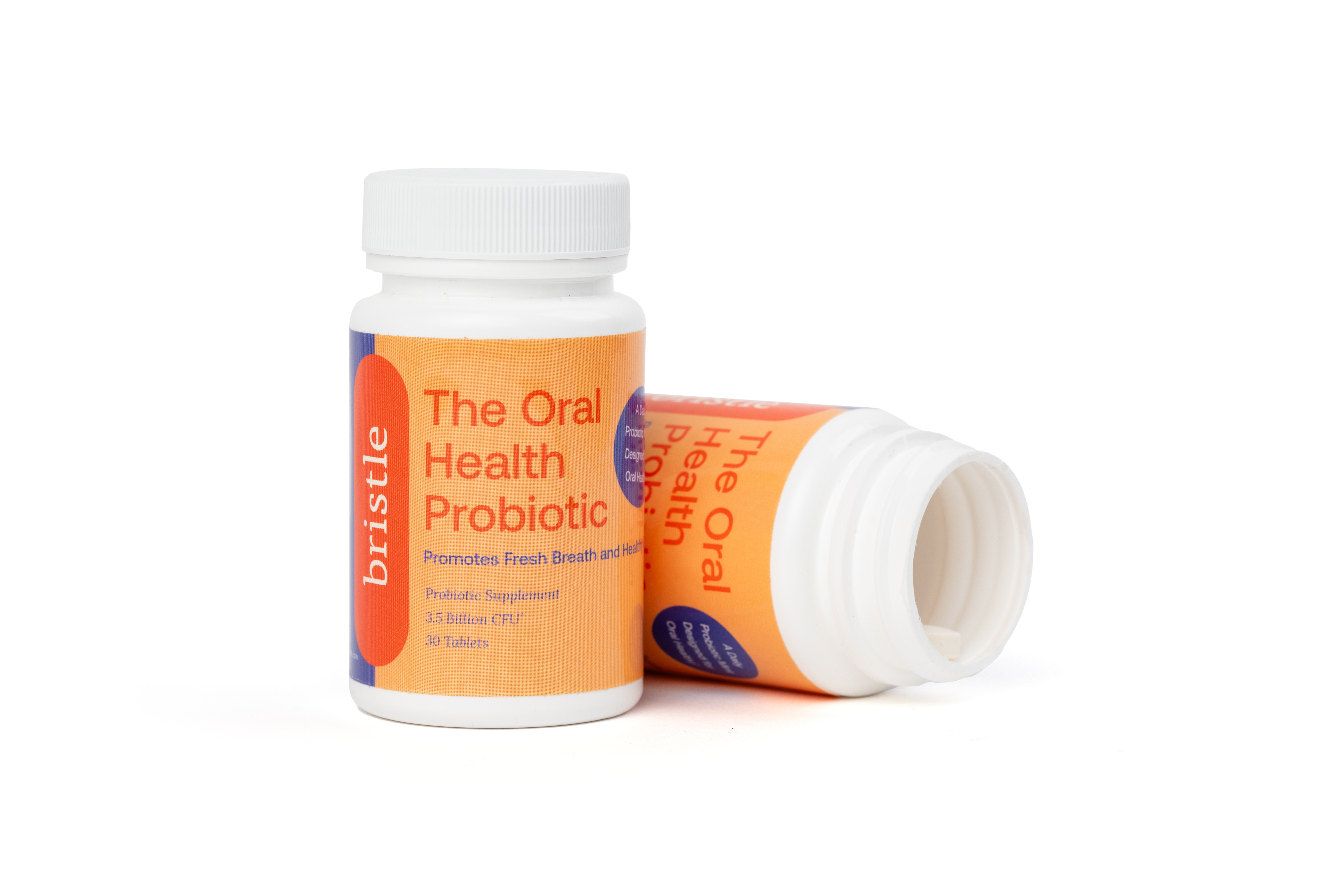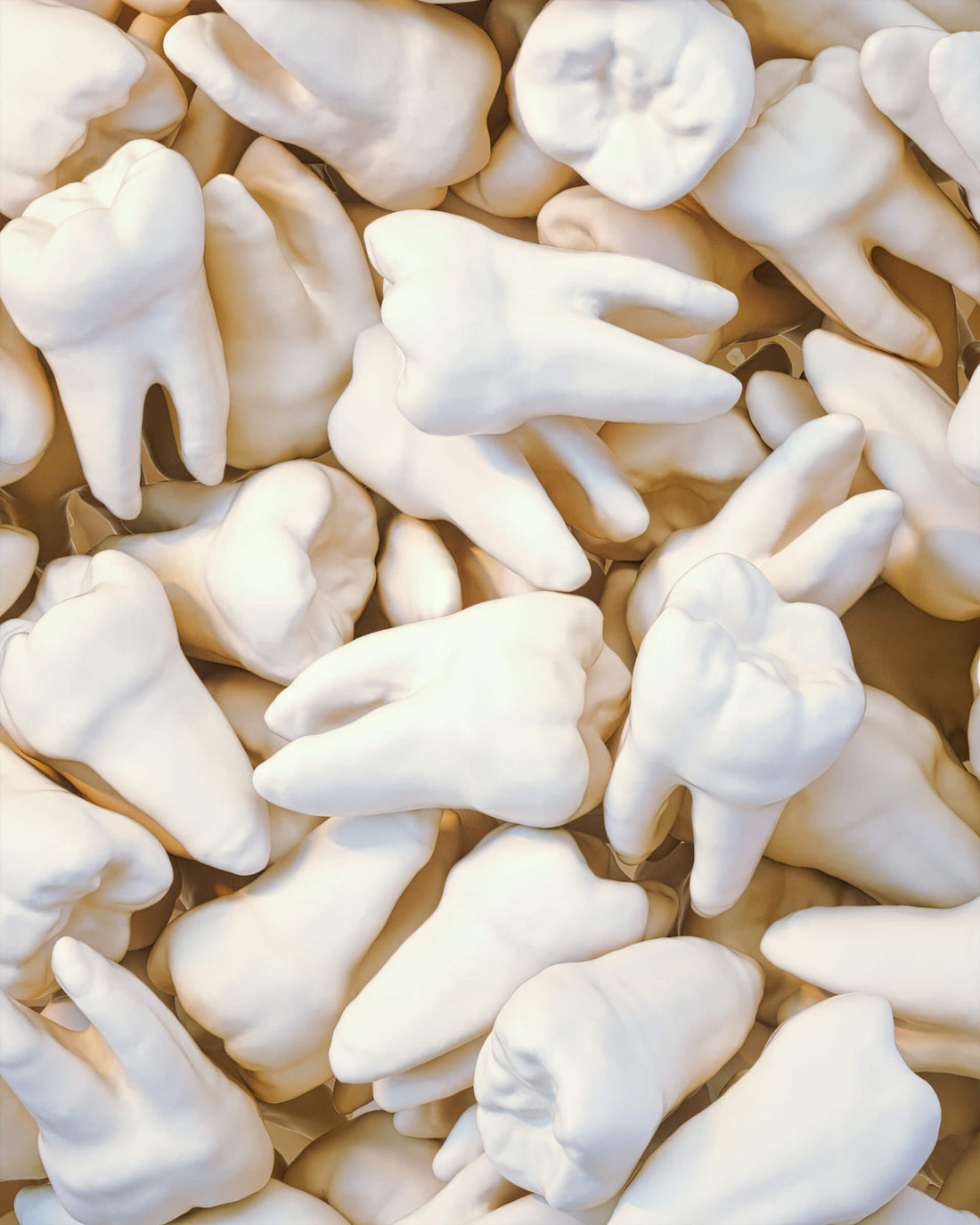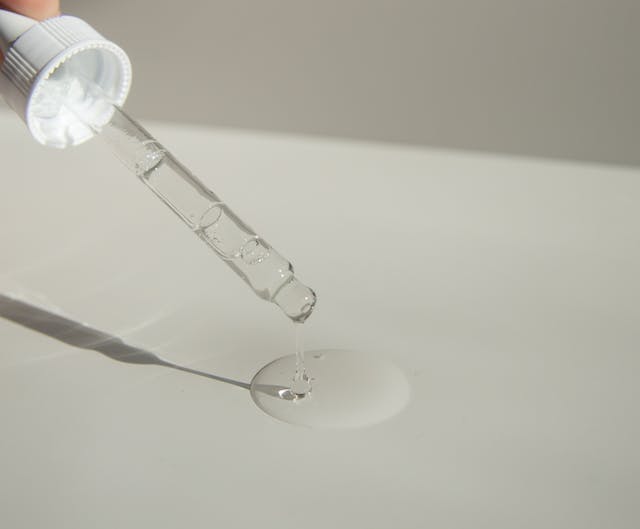Did you know over 47% of adults over the age of 30 have some form of gum disease? The early stage of gum disease is called gingivitis. Bacteria in the mouth causes infection and inflammation in the gum tissues.
Most of the time, the early stages of gum disease don't cause many symptoms, and without treatment, gingivitis can progress to more severe periodontal disease.
Have you recently been diagnosed with gingivitis and want to learn more? Then keep reading this guide to find everything you need to know about gingivitis and the bacteria that causes it.
What Is Gingivitis?
Gingivitis is gum inflammation that occurs before the onset of severe gum disease or periodontitis. Most people have gingivitis at some point in their life, but the mild symptoms make it easy to overlook. And not all gingivitis leads to periodontitis, but without treatment, gingivitis can still lead to bigger problems for your oral health.
Once plaque builds up on your teeth over time, gingivitis can develop into periodontitis. With periodontitis, the inner layer of your gum and bone starts to pull away from your teeth, forming pockets. These pockets collect food and debris and become infected.
This infection triggers an immune response in your body, attacking the pockets of infection and destroying more gum tissue and bone. If this continues, it eventually results in bone and tooth loss.
The great news is, regular dental checkups, along with proper brushing and flossing, can eliminate gingivitis before it gets much chance to start.
Symptoms of Gingivitis
Gingivitis initially does not produce many obvious signs, but there are certain symptoms you should watch out for like:
Even if you don't notice symptoms, you can still have a degree of gum disease, even if it only affects certain teeth. Your dentist will examine your mouth for signs of bleeding, receding gums, or loose teeth. An X-ray can confirm if the bones underneath your teeth are affected.
Bacteria and Gingivitis
We all have bacteria in our mouths. Most of the time, bacteria are natural, normal, and don't cause any problems. But there are types of bacteria that create plaque, a sticky invisible film covering Your teeth.
The bacteria that cause gum disease are usually gram-negative anaerobic bacteria. When you don't clean your teeth regularly, this bacteria and plaque build-up and cause an infection in your gums. After some time, the plaque hardens and eventually becomes tartar, which is more difficult to remove.
You've likely heard of humans and microbes and the trillions of microbes that live inside your intestines. Taking second place to your gut, your mouth has over 700 different species of bacteria alone.
Your mouth is a mirror to what is going on in your body, and when you have gum disease, it's often not just an issue with your gums alone. The bacteria in your body is not good or bad, but it behaves depending on the condition of its environment. So if your oral microbiome is out of balance, you develop plaque and tartar buildup.
Causes of Imbalance
Causes of a bacteria imbalance in your mouth are usually from certain oral care products, a diet high in carbohydrates and sugar, and stress.
Many dental products eliminate plaque and kill bacteria; therefore, they are harsh and alcohol-based. Many products that contain ingredients like artificial color dyes and propylene glycol can contribute to an imbalance.
Another huge cause of a bacteria imbalance is the food you eat. Carbohydrates and sugar produce acid that eats away at your tooth enamel and causes decay. This decay causes a shift of bacteria in your mouth.
Stress causes many changes in your body, many that are invisible to the eye. Many people experience symptoms like a dry mouth when they're stressed, and saliva is crucial to maintaining a proper mineral and bacteria balance in your mouth.
And when you're stressed, you might tend to clench your jaw and grind your teeth during your sleep. Grinding your teeth for long periods of time can cause the breakdown of the enamel.
Preventing and Treating Gingivitis
You can take many steps to treat the gingivitis you have and prevent it from getting worse. Your first steps include:
And one of the most helpful things you can do is make changes to your diet—Limit food and drinks that have a lot of sugar, including alcohol. Coffee, fruit drinks, sports drinks, soda, and sparkling water cause the most damage to your teeth. Keep in mind even if you drink a sugar-free soda, the carbonation can still be damaging to your teeth.
Try incorporating dairy, high fiber vegetables, chickpeas, soybeans, lentils, and poultry into your everyday diet.
Bacteria and Gingivitis
Bacteria and gingivitis go hand in hand. Though you may not be able to see them, you'll be able to see the damage they cause if you don't catch it early.
So, why not take a Bristle Oral Health Test to see where you stand? When you shop from Bristle, you'll receive a simple oral health test you can do right in the comfort of your own home.
By checking your saliva, you'll learn your risk for cavities, gum disease, and a breakdown of the bacteria that's in your mouth. Visit us now, and order your test today!






